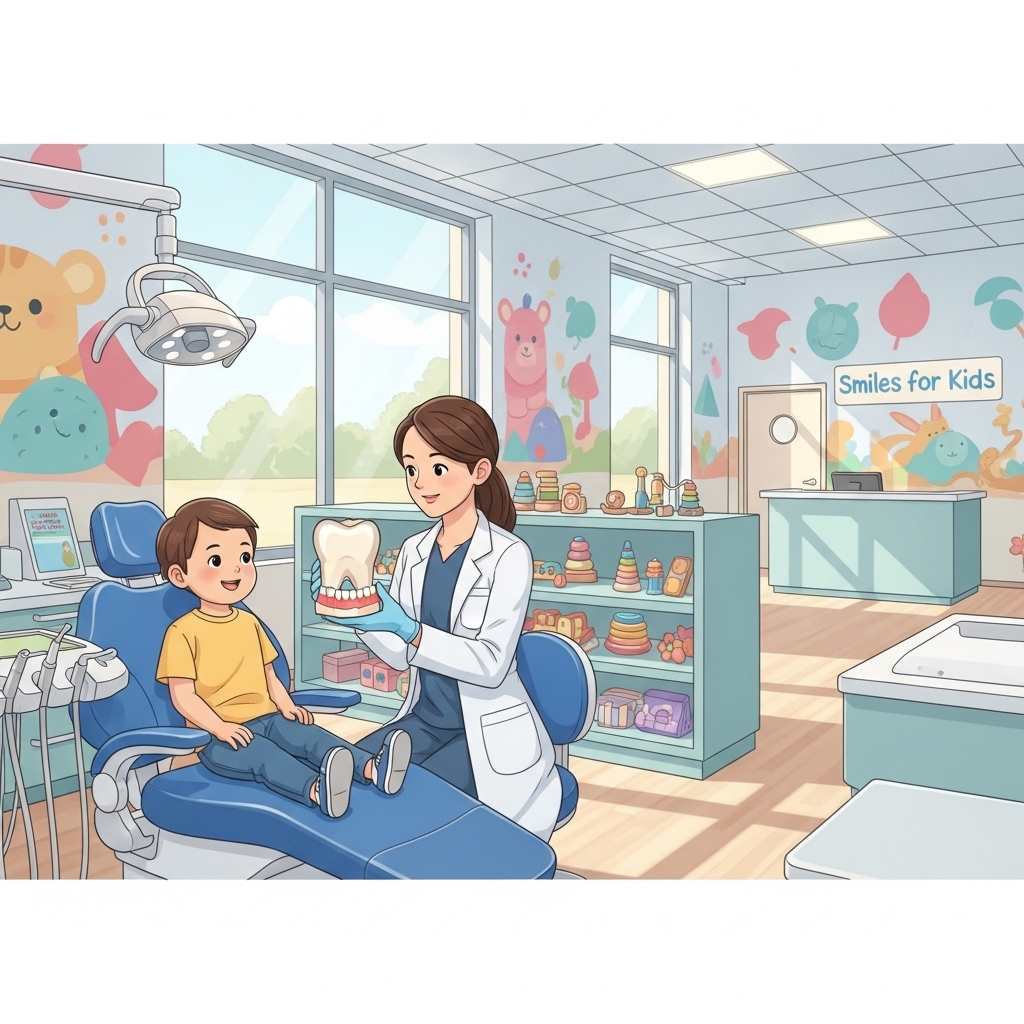Good dentistry is not just what happens in a chair; it is what you experience between visits. That is why choosing a preventive dentist in Woodland Hills matters so much. Prevention is a philosophy and a system that pairs technology with coaching, turns complex science into simple daily steps, and meets you where you are. In a community that balances canyon trails, busy boulevards, and multigenerational households, prevention keeps oral health easy, predictable, and calm. When your dentist anticipates risk and guides habits, health problems rarely become emergencies, and your time is spent doing what you love rather than recovering from what could have been avoided.
Risk first, then routine
Preventive care begins with risk assessment. Your dentist examines gum measurements, plaque patterns, saliva quality, bite forces, and any history of sensitivity or decay. These clues inform a plan that is uniquely yours. Some people benefit from extra fluoride support, some from targeted coaching on brushing angles, others from an occlusal guard to protect enamel at night. The point is not to do more; it is to do the right things at the right moments so small challenges stay small.
Cleanings that change what you feel at home
Professional cleanings do more than polish. They disrupt the biofilm that daily brushing cannot fully reach, especially in deep grooves, around orthodontic attachments, and just under the gumline. When this film is managed consistently, gums stay comfortable, breath remains fresh, and sensitivity eases. People often report that floss glides more easily and meals feel more enjoyable—quiet signs that prevention is working between checkups.
Fluoride, sealants, and minimally invasive protection
Fluoride, when tailored to your risk, reinforces enamel against acid attacks. Sealants offer a protective barrier in hard-to-clean molar grooves, ideal for kids and select adults. The aim is to preserve tooth structure so future treatment is simpler and more conservative. A preventive dentist weighs your unique habits—like seltzer or citrus intake, coffee routines, and snack choices—to decide when these tools offer the most benefit.
Education that respects your lifestyle
The best coaching feels practical, not preachy. Your dentist helps you fit care into a Woodland Hills day, whether that means keeping travel-sized floss for evening commutes, choosing snacks that rinse cleanly, or creating a two-minute brushing playlist kids enjoy. With tailored tips, prevention becomes less about willpower and more about design: setting up your spaces and routines so the healthy choice is the easy one.
Technology for early, gentle detection
Magnification, high-resolution imaging, and modern diagnostic tools help your clinician spot issues at their quietest stages. Early enamel demineralization can often be reversed with customized remineralization plans. Tiny cracks or early bite imbalances can be corrected before they trigger sensitivity or fractures. The result is care that feels lighter, faster, and more comfortable because it happens earlier.
Protecting teeth from stress and sports
Busy lives mean clenching, grinding, and weekend activities that put smiles at risk. Custom guards absorb nighttime forces that would otherwise wear edges and strain muscles. Athletic mouthguards reduce injuries during games. These are small, preventive investments that save both tooth structure and time, translating into fewer surprise visits and more confidence in daily life.
Life stages and changing needs
Prevention looks different as life evolves. Children need positive introductions to care and guidance for brushing on their own. Teens balancing orthodontics benefit from extra hygiene support. Expectant parents often see gum changes that require closer monitoring. Older adults may face dry mouth from medications, making hydration and remineralization vital. A preventive dentist adapts the plan as your needs shift, keeping momentum steady.
Prevention also shines in the way it builds continuity. When you see the same team, your baseline is known and subtle changes are spotted quickly. That continuity is why a preventive dentist in Woodland Hills can be so effective—local familiarity shortens the path from noticing to solving, and your plan can be adjusted in real time.
Nutrition, saliva, and the rhythm of the day
Saliva is an unsung hero of prevention. It neutralizes acids and delivers minerals back to enamel, but it needs water, balanced meals, and thoughtful timing to do its job. Your dentist helps you space snacks, rinse after acidic foods, and choose options that support saliva rather than fight it. This is where prevention becomes a lifestyle—small choices that repeat until they become second nature.
Partnership with your broader health
Gum health and systemic wellness are intertwined. Periodontal inflammation can complicate blood sugar control and contribute to overall inflammatory burden. Preventive strategies—consistent cleanings, flossing habits that stick, and targeted antimicrobial rinses—support the rest of your health efforts, from better sleep to steadier energy. Collaboration with your physician, when needed, ensures your mouth and body are moving in the same direction.
Reducing anxiety by increasing predictability
When you know what to expect, visits feel calm. Preventive practices emphasize clear explanations, pain-minimizing techniques, and step-by-step plans. As your mouth grows healthier and emergencies become rare, confidence rises. Many people who once dreaded appointments find themselves relaxed and even proud as measurements improve and smiles grow easier.
Measuring success the right way
Success in prevention looks like this: fewer unexpected toothaches, shorter appointments, easier flossing, and the everyday comfort of a mouth that does not call attention to itself. It is the absence of urgency and the presence of steady, positive trends. Over the years, that steadiness protects your schedule, your energy, and your peace of mind.
Frequently asked questions
How often should I schedule preventive visits? Many people do well with twice-yearly exams and cleanings, but your ideal interval depends on gum health, plaque accumulation, orthodontic appliances, and medical factors. Some benefit from three or four hygiene visits per year until inflammation settles and habits are solid.
Are sealants only for kids? Sealants are most common for children, but adults with deep grooves or early risk areas can benefit as well. The decision is based on anatomy and risk rather than age.
Is a water flosser enough? Water flossers are excellent for flushing debris and improving gum comfort, especially around orthodontic appliances or bridges. Many people get the best results by combining water flossing with string floss or interdental brushes, customized to their spacing.
Can prevention really reverse early decay? Early enamel demineralization can often be halted or reversed with fluoride, remineralizing agents, and better timing of foods and drinks. Once a cavity fully forms, however, a conservative restoration may be needed. The sooner risk is addressed, the more tooth structure can be preserved.
What if I grind my teeth? Your dentist can evaluate wear patterns and jaw tension to determine whether a custom night guard would help. Protecting enamel at night can relieve muscles, reduce sensitivity, and prevent cracks before they start.
Ready for easier dental care?
If you want oral health that feels predictable and calm, partnering with a local expert is the place to start. Reach out to a trusted preventive dentist in Woodland Hills and set a course for simple routines, early detection, and a smile that supports your best days.





